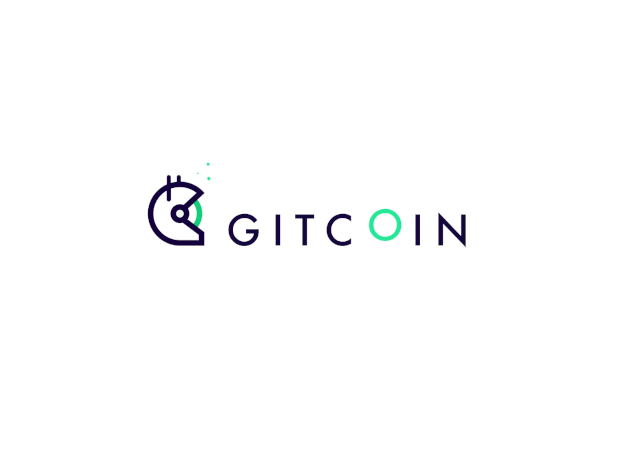
The good news is it can be done faster, cheaper, easier, and less risk with Gitcoin Hiring for developers is broken. Really broken. Let’s say you’re the leader at a startup in the year 2018. Your project is growing, and it’s looking like time to staff up.
Hiring for developers is broken. Really broken.
Let’s say you’re the leader at a startup in the year 2018. Your project is growing, and it’s looking like time to staff up.
By the nature of you being in a situation in which you need to staff up, you’ve got more work to do than you have time to get done.
In order to hire a new developer, you’ve got to source candidates, run an interview funnel, and onboard them on your policies, product, and codebase.
All of this adds more work! Didn’t you want to hire someone to relieve your work burden?Talk about being kicked when you’re down.

If you’re in hiring mode in blockchain, you’re probably reviewing a combination of these legacy options.
You could hire a recruiter to source candidates for you. This is the lowest time commitment for you, but it comes at the cost of 20% of the new hires yearly salary, and you’re not really sure if a recruiter is going to represent you brand well. Nor are you confident that they can source A-Caliber talent. After all, aren’t many recruiters just sweat-equity on top of a $99/mo Linkedin Recruiter account?
Another option is to use a site like LinkedIn, AngelList, or Monster to source talent.
This is a higher-touch option than using a recruiter, but at least you know that your brand will be well-represented.
But how do you stand out in a hot job market? Many developers get several messages a day on LinkedIn. I suppose you could write a bespoke cold outreach email to each individual you want to recruit. That’s a pretty high touch way to go, but it can be effective.
Being active in one’s local tech community is a great way to get into the talent-flow of your local community. It’s one that’s worked well for Gitcoin; as I’m involved in Boulder Startup Week, Ignite Boulder, Boulder Blockchain, and more.
It’s a high touch option, and certainly takes a long view in that relationships and communities, like Rome, are not built in a day. But it can be really effective if one makes a lifestyle of it.
Also, this only works if you’re in a town that’s got a good tech scene like Boulder, SF, or NYC. We’re lucky it just worked out well for us, with the hire of JUSTIN BEAN (after four years of convincing ).
https://medium.com/gitcoin/justin-bean-joins-codefund-19fa56f4a947
Let’s say that you’ve found a candidate that you’re interested in getting to know more. How do you evaluate their fitness for your open position? How do they evaluate your company’s fitness as an employer and you as a manager?
If one thing is clear, its that interviewing is broken. Hiring is inherently subjective. Whiteboard interviews don’t approximate the actual conditions of working together. After the interview process is over, feedback is often opaque and not actionable.
In the case in which a developer is hired full time after interviewing, the results tend to cluster in a very binary way:
Most of the hires I’ve been involved in during my time in tech tend to cluster around these two outcomes, but sometimes it can take thousands of dollars and months of time after the offer letter is out to figure out which one it’s going to be.
Gitcoin is a double sided market where talent and employers can match one another, and work on short-term projects together.

Good news, with Gitcoin,

There are web3 teams that solving problems today with Gitcoin’s firehose of talent. To see how some past projects are solving problems and staffing up, read about:
To learn more about how to use Gitcoin, check out these tutorials: